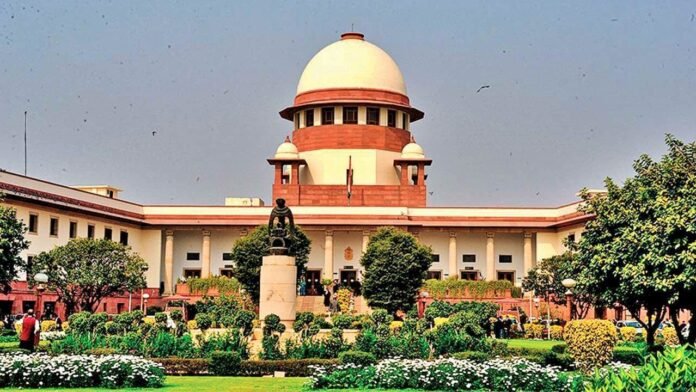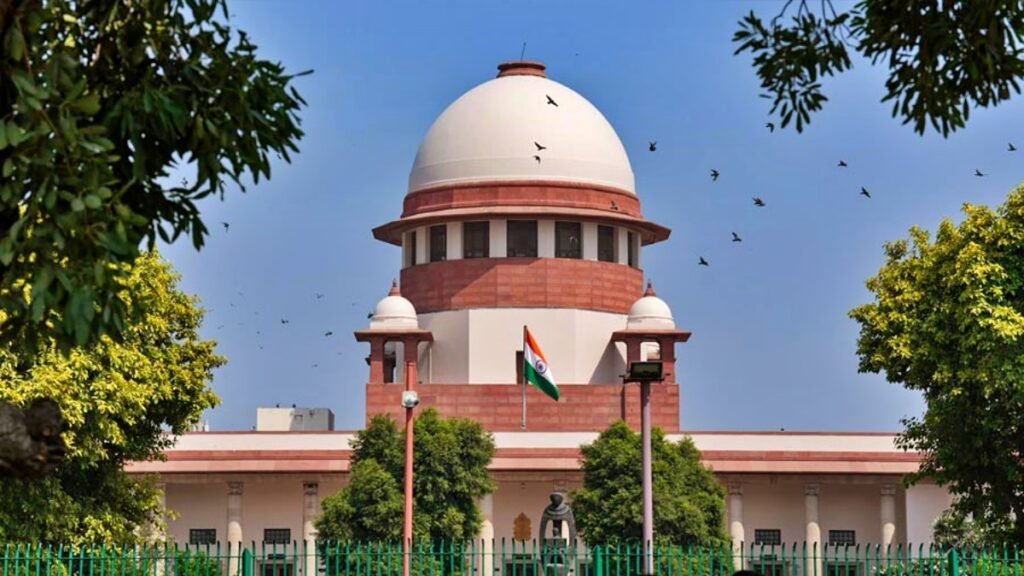
New Delhi: The Centre defended the electoral bond scheme before the Supreme Court on Wednesday, saying that it was a prudent effort to curb the menace of black money in elections and politics. The Centre said that the scheme was not a standalone measure, but part of a series of steps taken by the government to tackle the problem of unaccounted cash.
The Solicitor General Tushar Mehta, representing the Centre, told a five-judge Constitution bench headed by Chief Justice DY Chandrachud that black money was a common problem faced by every country, including India, and that each country had to deal with it according to its specific circumstances. Mehta cited various measures taken by the government to combat black money, such as digital payments and action against 2.38 lakh ‘shell companies’ between 2018 and 2021.
Mehta said that the electoral bond scheme was an integral part of the electoral process, as it ensured that only white money entered the banking system and the elections. He said that the scheme also ensured transparency and accountability, as the donors and recipients had to comply with the provisions of the Income Tax Act and the Companies Act.
He also dismissed the petitioners’ argument that the ruling party had gained an undue advantage from the scheme, saying that it was a trend for the ruling party to receive more donations. He said that this was his personal opinion and not the government’s stand. He also claimed that the information about the donors and recipients was completely confidential and not accessible to anyone in power.

The bench, however, expressed some doubts about the partial confidentiality and the possibility of misuse of power. The bench also questioned the rationale behind allowing anonymous corporate funding, which could amount to bribes for favours. The bench said that free and fair elections were the basic structure of the Constitution and that any scheme that undermined democratic functioning had to be scrutinized.
The bench was hearing a batch of petitions challenging the validity of the electoral bond scheme, which was introduced in 2017 by amending various laws. The scheme allows individuals and entities to buy bonds from designated banks and donate them to political parties without disclosing their identity. The political parties can encash these bonds within 15 days through their verified bank accounts.











































